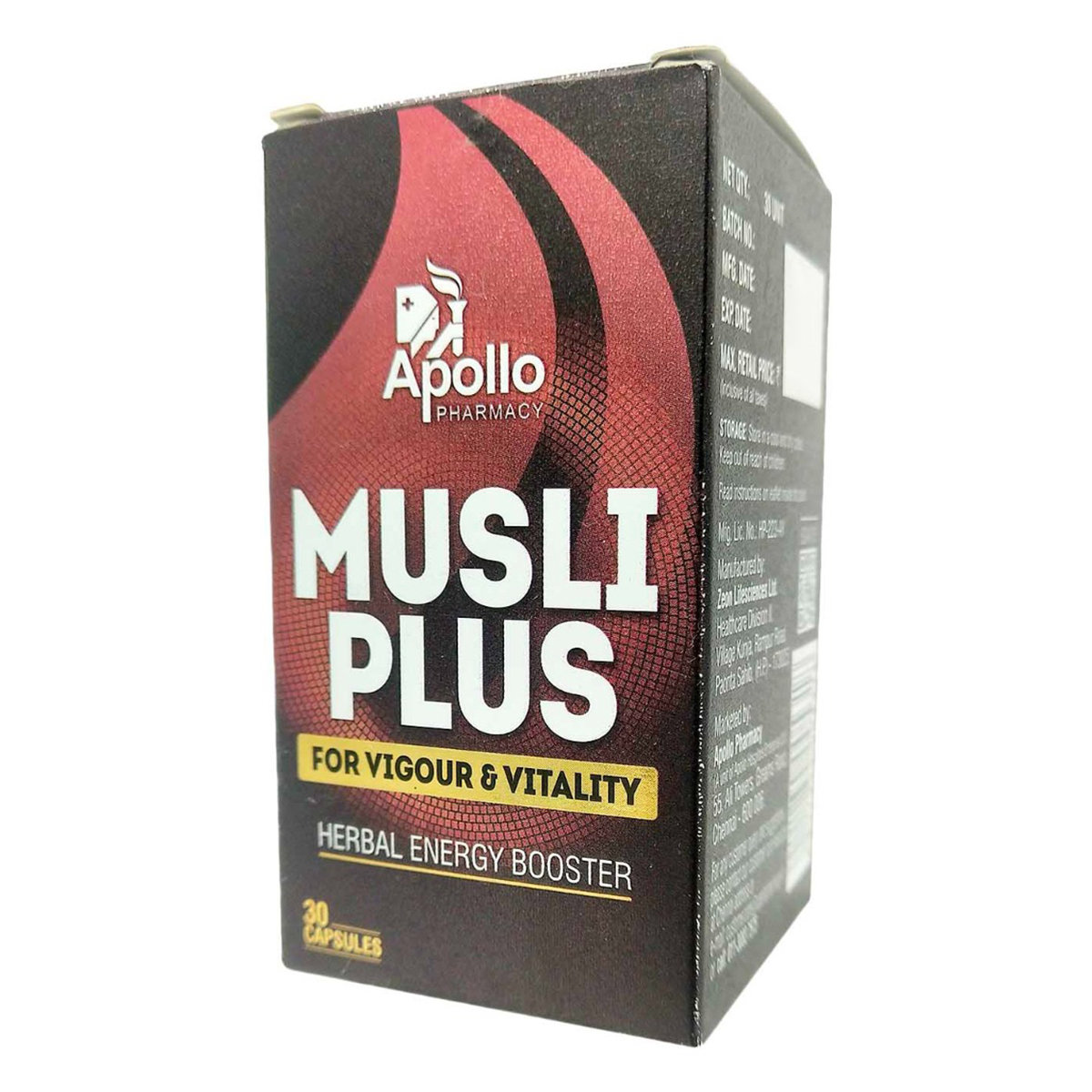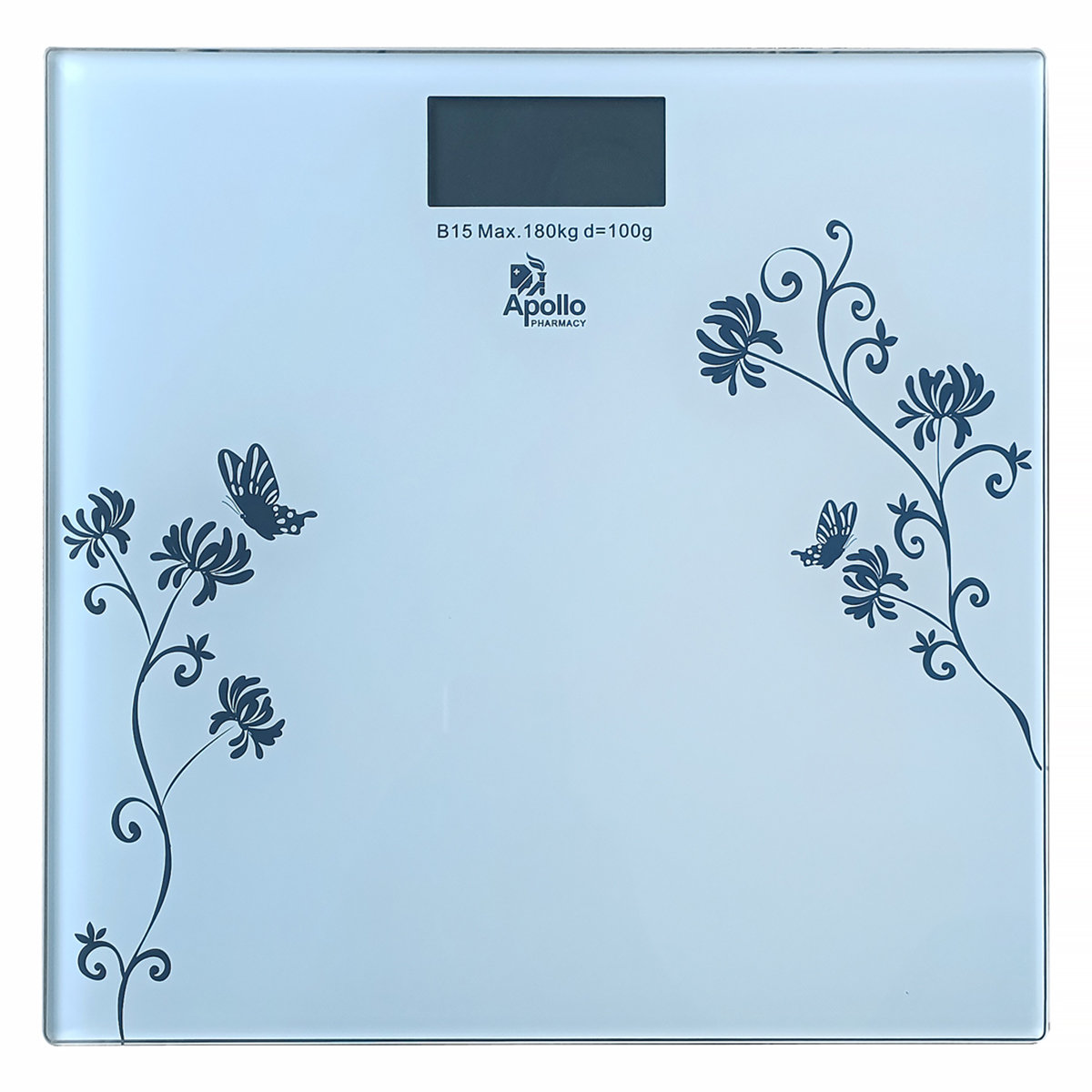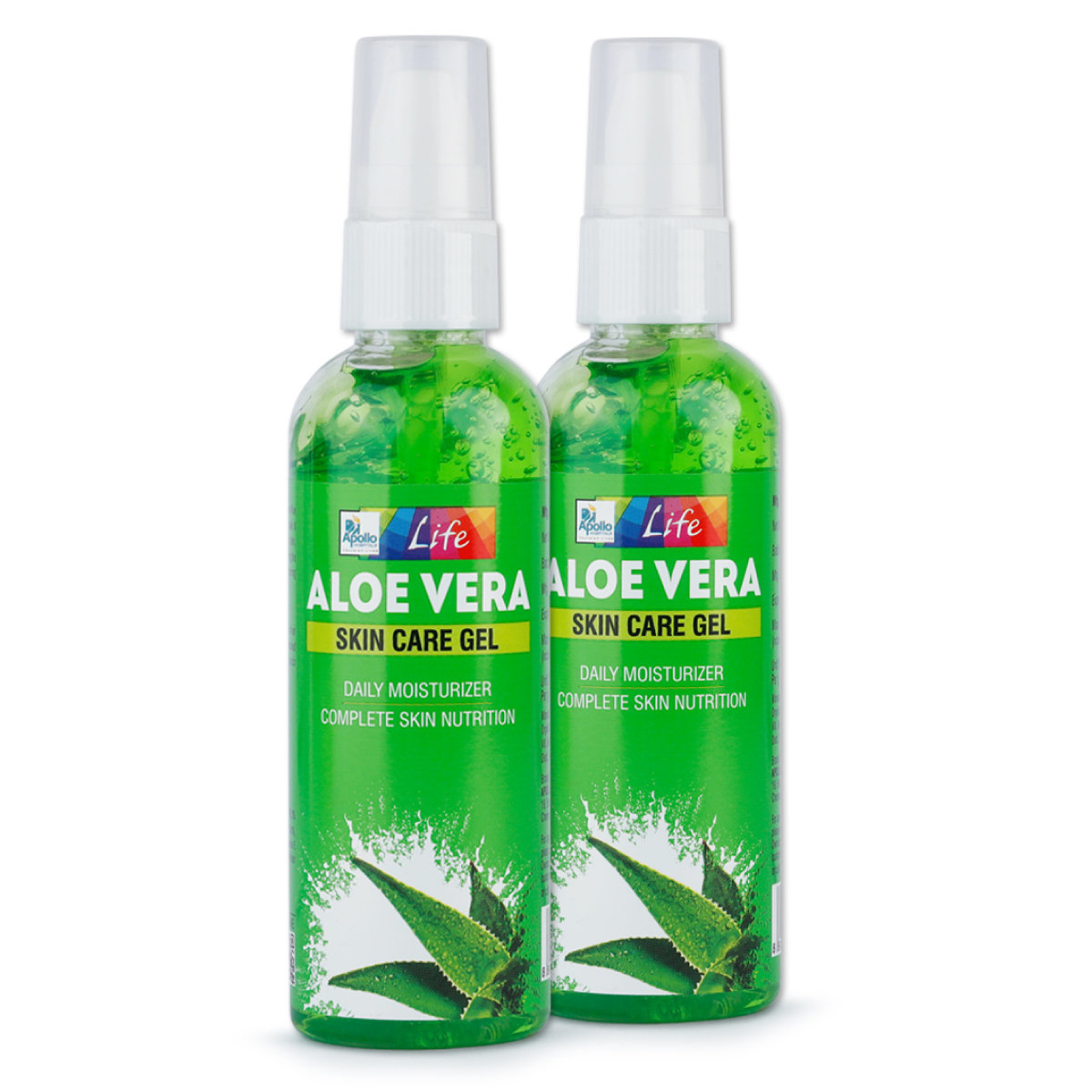Benadryl Congestion Relief Cough Syrup, 50 ml
MRP ₹84
(Inclusive of all Taxes)
₹2.5 Cashback (3%)
Extra 10% Off with Bank Offers
Buy 2, Get Extra 2% off
Selected Pack Size:50 ml
50 ml ₹84
(₹1.68 per ml)
In Stock
100 ml ₹145
(₹1.45 per ml)
In Stock
Country of origin
India
Manufacturer/Marketer address
Corporate Communications, Johnson & Johnson Private Limited., 501 Arena Space, Behind Majas Bus Depot, Off Jogeshwari Vikhroli Link Road, Jogeshwari (E), Mumbai 400 060.
Other Info - BEN0238
Non returnable*
COD available
Online payment accepted

secured payment

india's most trusted pharmacy

genuine products
Composition :
AMBROXOL-15MG+GUAIFENESIN-100MG
Manufacturer/Marketer :
JNTL Consumer Health (India) Pvt Ltd
Consume Type :
Oral
Expires on or after :
Return Policy :
Not Returnable
Provide Delivery Location
FAQs
Disclaimer
While we strive to provide complete, accurate, and expert-reviewed content on our 'Platform', we make no warranties or representations and disclaim all responsibility and liability for the completeness, accuracy, or reliability of the aforementioned content. The content on our platform is for informative purposes only, and may not cover all clinical/non-clinical aspects. Reliance on any information and subsequent action or inaction is solely at the user's risk, and we do not assume any responsibility for the same. The content on the Platform should not be considered or used as a substitute for professional and qualified medical advice. Please consult your doctor for any query pertaining to medicines, tests and/or diseases, as we support, and do not replace the doctor-patient relationship.
All Substitutes & Brand Comparisons
RX
Out of StockDelkodin CC Sugar Free Syrup 100 ml
Pragati Biocare Pvt Ltd
₹93.5
(₹0.94/ 1ml)
44% CHEAPERRX
Benadryl Congestion Relief Cough Syrup, 100 ml
JNTL Consumer Health (India) Pvt Ltd
₹145
(₹1.45/ 1ml)
13% CHEAPER

Have a query?
Buy Now
Add to Cart



















